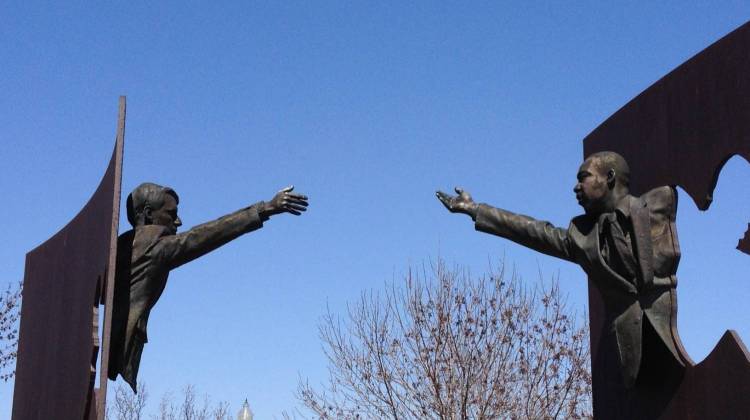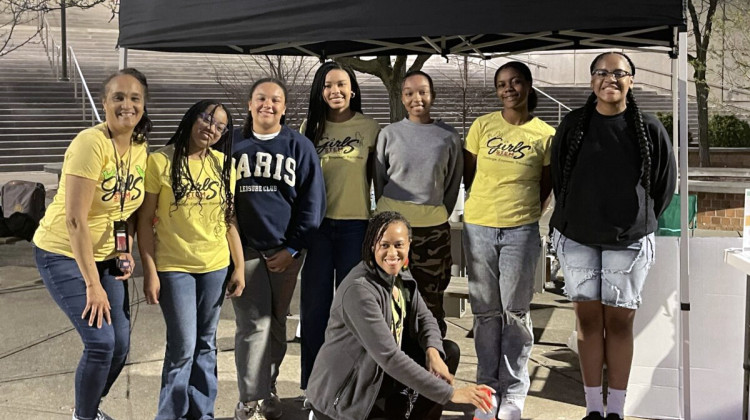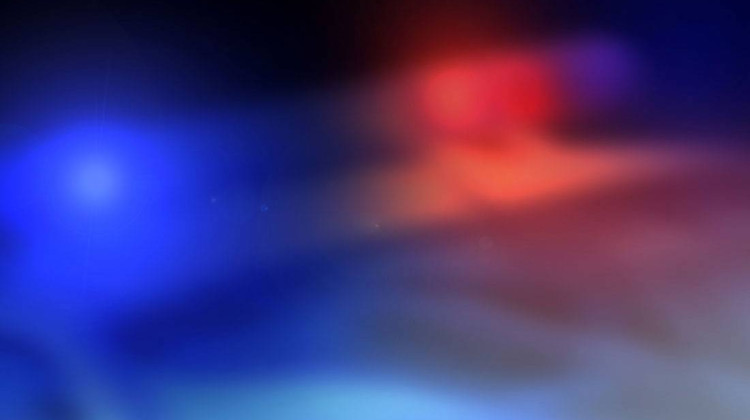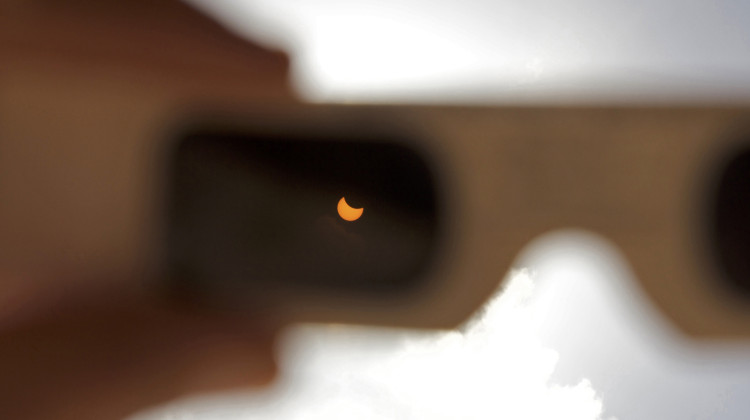Forty-seven years ago Saturday, Martin Luther King, Jr. was assassinated in Memphis. Robert F. Kennedy was campaigning in Indiana for the Democratic presidential nomination. Against the advice of many, Kennedy chose to go on with a planned stop in Indianapolis that night.
The speech he gave to the predominantly black crowd that night at 17th and Broadway, in which he broke the news that King had died, is considered one of the greatest in American history. And it’s widely credited with helping Indianapolis avoid the rioting and violence that gripped so many other cities after King’s death.
Garnett Day, a Christian minister and civil-rights worker, was one of a handful of whites in the crowd that night, and he was among the 250 or so people who attended the annual Kennedy-King commemoration Saturday at Landmark for Peace Park.
"A very grieving sound came from the crowd. It was just such a shock," Day said. "There was not a shout, there was not a loud voice of any kind from anyone, it was just silence fell over the crowd. Kennedy spoke for about six minutes, and then he dismissed us at the end of his remarks, and people just walked away in silence and sorrow."

In his keynote address, Indianapolis public safety director Troy Riggs talked about efforts to address the root causes of violence in six of the city’s most distressed neighborhoods. Kennedy and King, he said, never allowed themselves to become apathetic in the face of America’s social problems, and neither should residents of Indianapolis.
"We can no longer be apathetic as a city when 32 percent of our young people live in poverty," Riggs said. "When we had community conversations and we had hundreds of young people, they told us, quite frankly, that they felt like no one loved them, no one cared for them, and they were hungry when they were not in school. We can do better, Indianapolis."
The annual event is sponsored by the Kennedy-King Memorial Initiative.
A 2009 documentary, "Ripples of Hope," chronicles the event and its lasting impact on Indianapolis.
 DONATE
DONATE







 View More Programs
View More Programs

 Support WFYI. We can't do it without you.
Support WFYI. We can't do it without you.